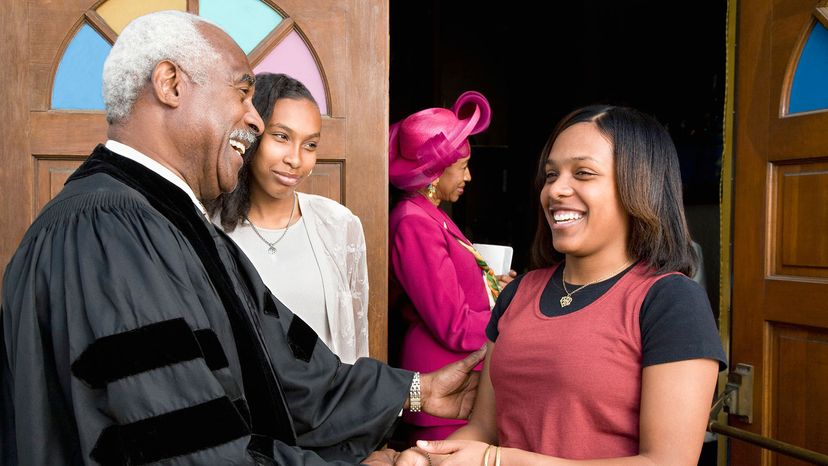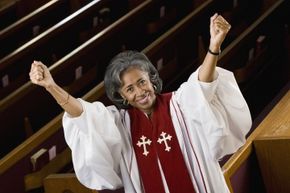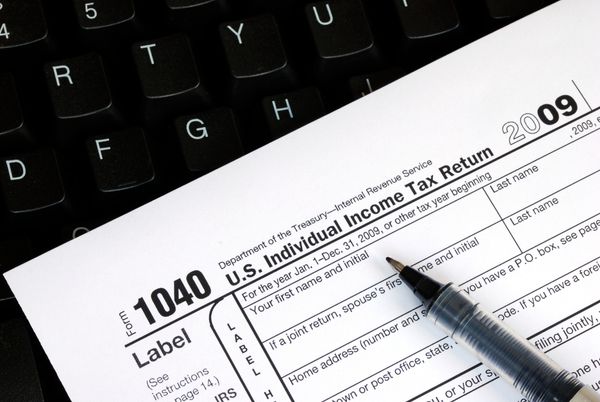
Anyone familiar with the Christian Gospels will remember that Jesus answered a challenge about whether it's right to pay taxes, saying, "render to Caesar the things that are Caesar's, and to God the things that are God's" [source: Bible Gateway]. Today's complex U.S. tax code, however, makes it difficult to figure out what exactly is "Caesar's."
Considering that churches and religious organizations qualify as tax-exempt organizations in the United States, one might assume that religious clergy and ministers themselves are exempt from income taxes. But this isn't the case. Devoting your life to God does not necessarily exempt you from the taxman. Clergy must pay income taxes just like everyone else.
Advertisement
Unfortunately, the rules for clergy income taxes can be especially confusing. Some ministers don't realize that even if they are employees of a church, they must also send the IRS quarterly payments. To prepare for the tax year, it's best to understand all the special rules that apply to clergy according to the IRS. It also behooves church administrators and treasurers to understand these special rules in order to minimize the minister's tax burden.
One of the most important tax concepts to understand is the difference between FICA and SECA, which are the two methods of paying the tax that funds Social Security and Medicare. The average employee of a company pays this tax under the Federal Insurance Contributions Act (FICA), which states the employer must pay half of the tax. Individuals working as independent contractors, however, pay this tax under the Self-Employment Contributions Act (SECA), which states the individual pays the full tax. As a minister, income from your ministerial services is subject to SECA (even if you are an employee of your church for the purpose of income tax).
In addition, you could be eligible for a housing allowance, an important tax benefit. Also, because clergy must pay SECA on Social Security and are exempt from the requirement of having income tax withheld, you will make quarterly payments throughout the year. You must properly estimate your tax liability or risk facing a penalty for underpayment.
Advertisement







